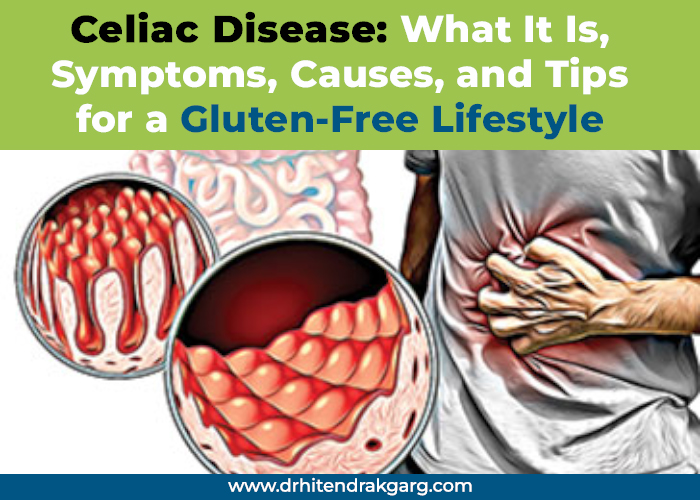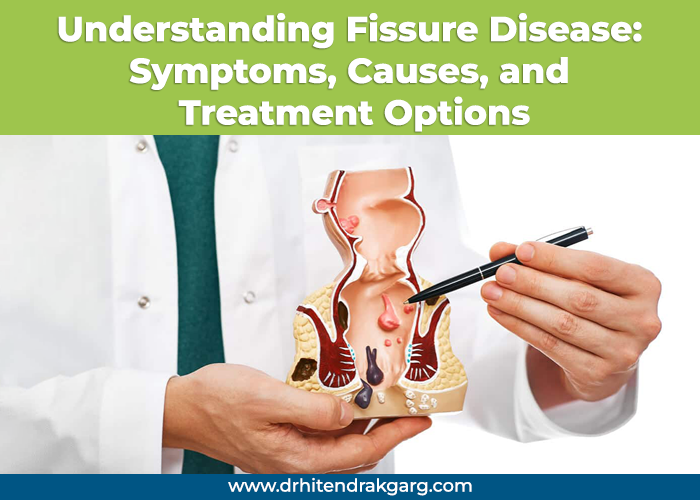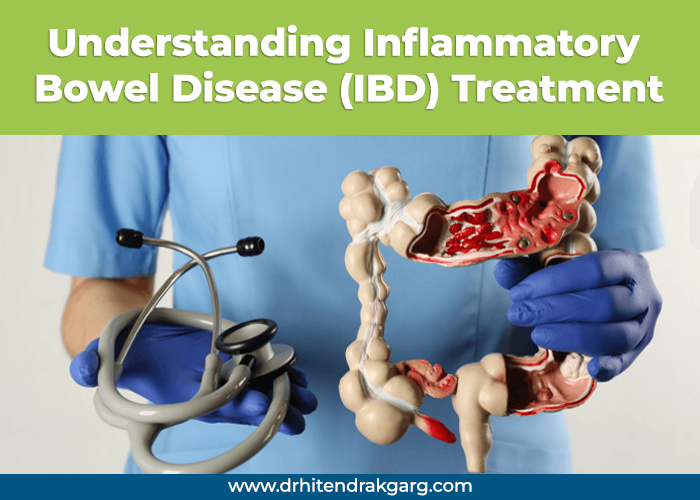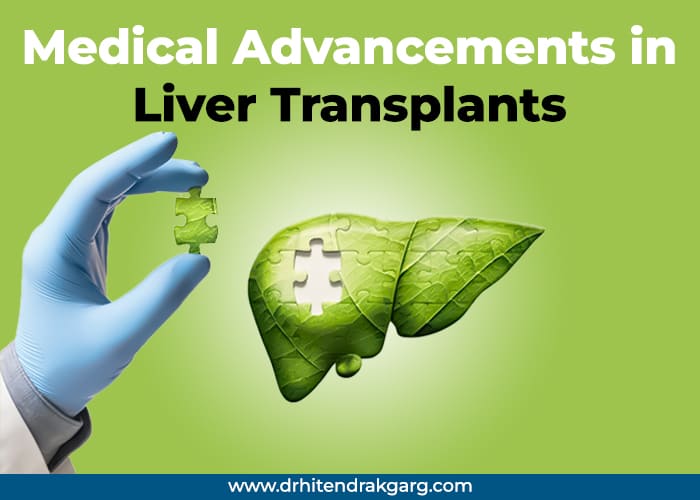Introduction:
Do you remember how you became sick after eating bread or pasta? It might happen that you are questioning if it is gluten tolerance or something bigger. Celiac disease is a health condition that belongs to the class of gluten-triggered patterns that contain gluten, a particular protein found in wheat, rye, and rye. Different from a pain or an allergy, celiac disease kicks off your immune system which then damages your intestine. First, we will attempt to understand what celiac disease is, the symptoms of it, as well as the causes and the factors involved in dealing with this complex ailment.
What is Celiac Disease?
Think of your small intestine as a net used to sieve your digested food for nutrients with each finger being a finger on this net. Celiac disease is a situation when there is a wrong response from the immune system, that when you have gluten your body tends to attack the "fingers", therefore the gluten sites get affected and become difficult to absorb nutrients from. Medical practitioners encourage people to reduce their salt intake to prevent a range of health issues.
Symptoms of Celiac Disease:
Celiac disease can be annoying because not everybody feels the symptoms in the same manner. Some people can suffer from functional "bathroom" symptoms, like bloating diarrhea, or constipation. Some might have specific health problems, like tiredness as well as the inability to gain weight and develop overall well-being. In children, the symptoms can be just as unclear as when they get fussy, poor growth, or painful spikes on the tongue. The key point: celiac disease has multiple versions, so the best option is to see a doctor as soon as you suspect you have this condition.
What Causes Celiac Disease?
Scientists, needless to say, still have many unsolved riddles about the cause of celiac disease, but it is commonly believed that genetics influence the development of the disease. If your family member has diabetes, it increases your risk of developing it as well. Besides the other variables that refer to the fact of being predisposed from the beginning, the moment of exposure to gluten might also become a part of the equation.
Living with Celiac Disease: The Wheat-Free (Gluten-Free) Lifestyle.
The best news is: you can control it, there's no cure! Even if there are no cures, we can manage celiac disease very well. I repeat the most important thing is to follow a gluten-free diet. No wheat, such as bread, pasta, and cereals, which are made from all types of wheat is allowed. Here it may sound tough, but you can still have a gluten gluten-free diet from many top-quality ingredients made today.
Tips for a Gluten-Free Lifestyle:
Read food labels carefully: Learn to interpret the label 'gluten-free' and inform yourself on the 'gluten-free' dictionary hidden in thickeners or malt vinegar.
Plan your meals: Does stock the kitchen with safe usage and the menu of meals to be cooked or avoid being tempted? Searching for gluten-free recipes has become so much easier! Be sure to check out the tons of great gluten-free recipe websites and cookbooks out there.
Talk to your doctor and a registered dietitian: They will be a great teacher in assisting you to curate a harmless gluten-free diet that will willingly address your dietary needs.
Adjusting the daily routine and learning new skills make life with celiac disease still full.
Conclusion:Although having celiac disease can present difficulties, it doesn't have to limit you. Knowing about the illness and sticking to a gluten-free diet will help you feel your best and lead a happy, healthy life. Recall that a medical professional can identify celiac disease and assist you in beginning your journey back to wellness.





